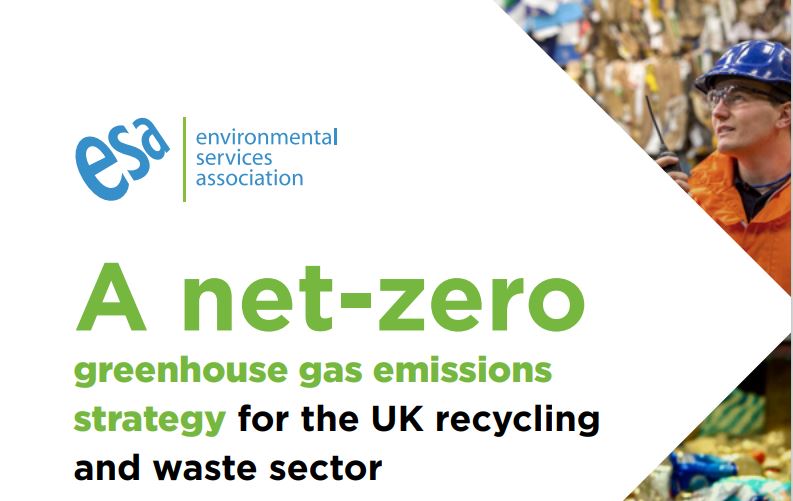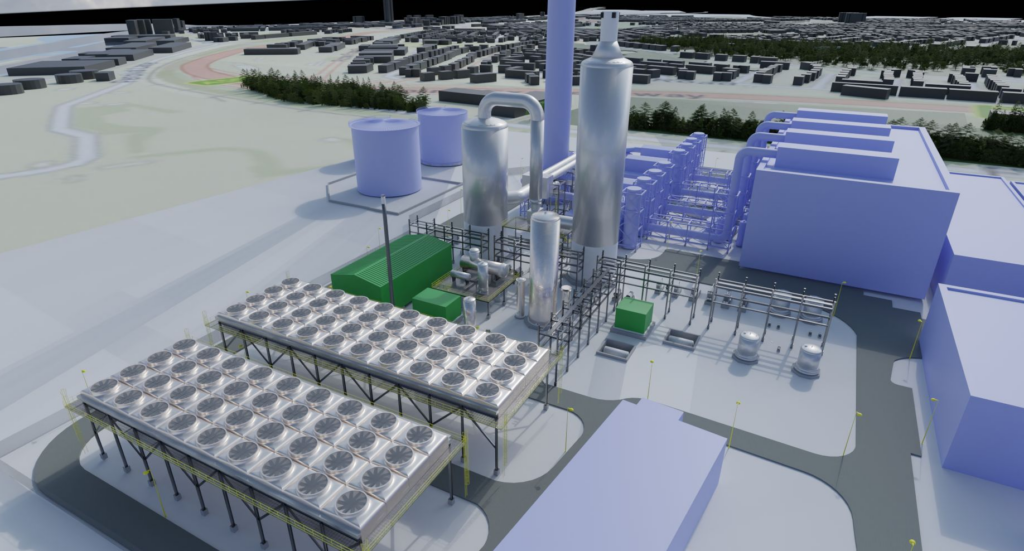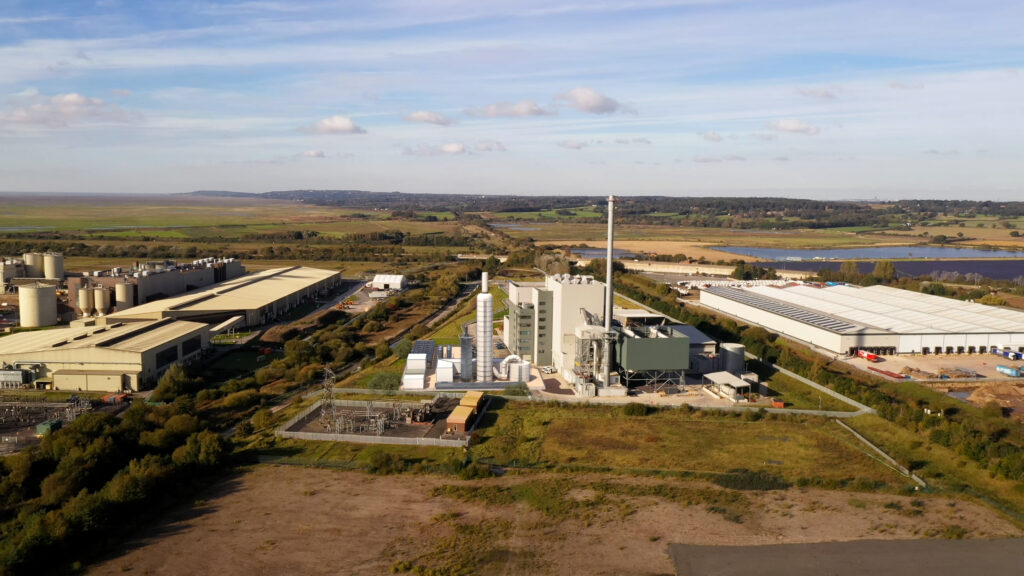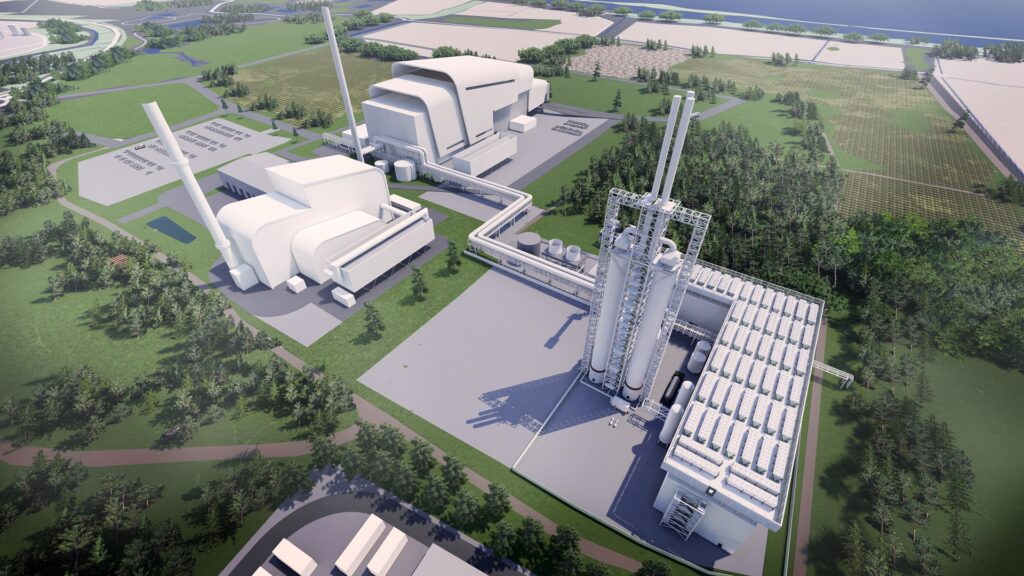The ESA — the trade association representing the UK’s resource and waste management sector — says this would reduce the UK’s total greenhouse gas emissions by 8%.

To help reach the target, the association’s members will invest £10 billion of new money into recycling infrastructure, to “drive up recycling rates and cut down waste”.
Its members will also aim to increase the capture of methane emissions from landfill by 85% by 2030, as well as a string of other measures outlined below.
‘Ambitious’
Jacob Hayler, executive director of the ESA, said: “Our members have committed to an ambitious target and we have developed a clear and detailed plan to get there. This is an urgent and important task for the UK which we are excited, willing and able to invest behind.
“Critical to our success is a continuing constrictive partnership with Government to ensure the policy framework around decarbonisation continues to drive the right decisions which will ensure we can accelerate the UK’s net zero ambition.”
The ESA also released the below video highlighting the steps its members will be taking to reduce emissions.
Pledges
Other pledges today to help reach the target include “decarbonisising non-recyclable waste treatment” by diverting organic waste from landfill to recycling and energy production by 2030, and moving removing plastics from energy recovery facilities. Members will also look to roll out carbon capture technology across energy from waste facilities by 2040 “where feasible”.
From 2030, members will also pledge to buy only zero emissions collection vehicles, to help phase out petrol and diesel entirely by 2040.

By 2040 the ESA also aims to have all vehicle and on-site fuel use to zero emissions sources, so that bin and recycling trucks are powered by electric or biofuel rather than diesel.
Performance
The ESA’s said its board will be responsible for monitoring performance against these targets and will review progress against this strategy annually.
Every five years the strategy itself will also be reviewed, to ensure that it remains aligned with policy and market shifts.
The ESA urged that success to achieve these targets will require government support, and it will continue to work in “close partnership” to two “critical” policy areas.
The first is the regulatory and policy context around carbon capture technology, which helps reduce emissions from non-recyclable waste and removes carbon dioxide from the atmosphere.
The second is around decarbonisation of industrial vehicles such as collection wagons through the progressive electrification and deployment of renewable and alternative fuels.
‘Rapid progress’
Gavin Graveson, chairman of the ESA commented: “Our sector has made tremendous and rapid progress on decarbonisation but the climate crisis continues to accelerate and our sector is determined to embrace the challenge by doing more to ensure we hit net zero. Our report also shows that done right, decarbonisation can deliver green jobs and investment right across the UK.”
“Our sector has made tremendous and rapid progress on decarbonisation” – Gavin Graveson, ESA chairman
‘Vital’
The pledge was also backed by environment secretary George Eustice, who explained: “The ESA’s commitment today is absolutely vital in helping us achieve our world-leading target of net zero greenhouse gas emissions by 2050, building a net zero economy and leaving the environment in a better state for future generations.
“The recycling and waste management sectors are key to the success of our reforms, from creating deposit return schemes for drinks containers to encouraging more recyclable packaging. This commitment will help the nation transform the way we deal with waste and reduce our emissions.”
Useful links
A net-zero greenhouse gas emissions strategy for the UK recycling and waste sector










Subscribe for free